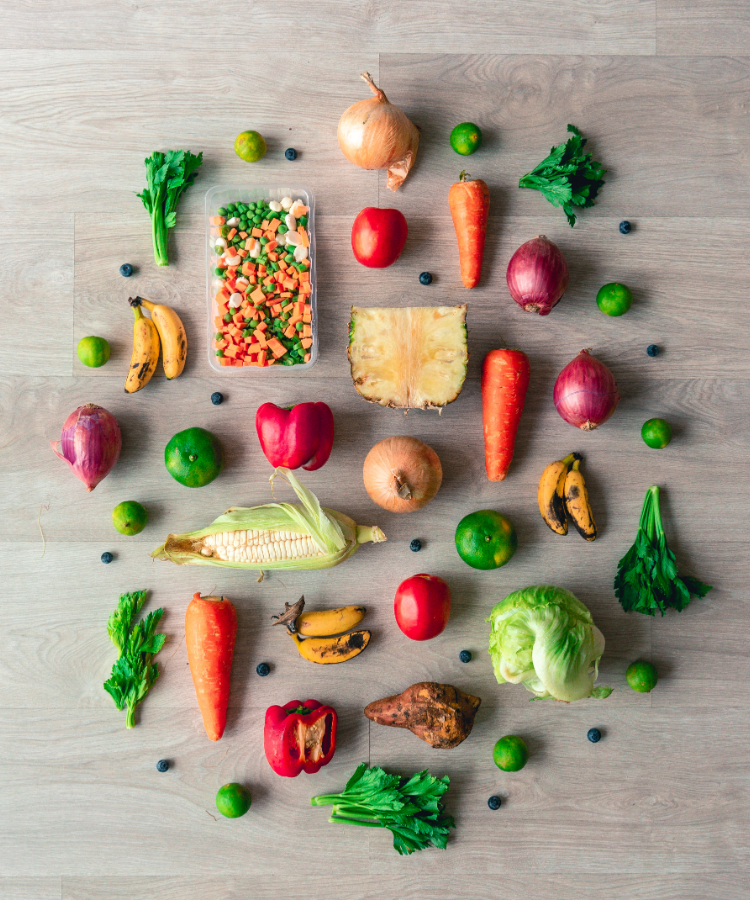
Understanding Listeria: A Hidden Threat in Your Kitchen
Listeria monocytogenes is a harmful bacterium that can cause a serious infection called listeriosis. This infection is particularly dangerous for pregnant women, newborns, the elderly, and people with weakened immune systems. Unlike many other bacteria, Listeria can survive and even grow in cold temperatures, making it a unique threat in foods stored in your refrigerator.
How Listeria Spreads: Common Sources of Contamination
Listeria is most commonly spread through contaminated food. Knowing which foods are high-risk can help you take preventative measures. The primary sources include:
– Deli Meats and Ready-to-Eat Foods: Even if refrigerated, foods like hot dogs, cold cuts, and pre-packaged salads can harbor Listeria.
– Unpasteurized Dairy Products: Raw milk and cheeses made from unpasteurized milk are prone to contamination.
– Raw Vegetables: Listeria can contaminate raw vegetables through soil or water, especially if not thoroughly washed.
For tips on how to incorporate more raw vegetables safely into your diet while maintaining a balanced approach to nutrition, check out our guide on healthy eating for beginners.
Symptoms of Listeriosis: What to Watch For
Listeriosis can present with a variety of symptoms, often mimicking other illnesses. Early symptoms might include:
– Fever and Muscle Aches
– Nausea and Diarrhea
If the infection spreads to the nervous system, more severe symptoms can develop, such as:
– Headache and Stiff Neck
– Confusion or Convulsions
Pregnant women should be particularly cautious, as listeriosis can lead to serious complications like miscarriage, stillbirth, or severe infection in the newborn.
How to Protect Yourself: Essential Prevention Tips
Preventing listeriosis involves adhering to strict food safety practices. Here are some key steps to protect yourself and your loved ones:
– Cook Foods Thoroughly: Make sure all meats and poultry are cooked to the appropriate temperatures to kill harmful bacteria.
– Avoid High-Risk Foods: Individuals at higher risk, such as pregnant women and the elderly, should avoid unpasteurized dairy products, deli meats, and smoked seafood.
– Practice Good Hygiene: Regularly wash your hands, utensils, and surfaces that come into contact with food to prevent cross-contamination.
– Proper Refrigeration: Keep your refrigerator at or below 40°F (4°C) and clean it frequently to minimize the risk of Listeria growth.
The Importance of Early Diagnosis and Treatment
If you suspect that you’ve been exposed to Listeria or are experiencing symptoms, seek medical attention immediately. Listeriosis is diagnosed through lab tests and can be treated effectively with antibiotics if caught early.
Stay Vigilant and Informed
Listeria is a serious but preventable health risk. By staying informed about food safety and following recommended guidelines, you can significantly reduce your risk of infection. Regularly review the latest food safety alerts and take precautions to protect your health and the health of your loved ones.


